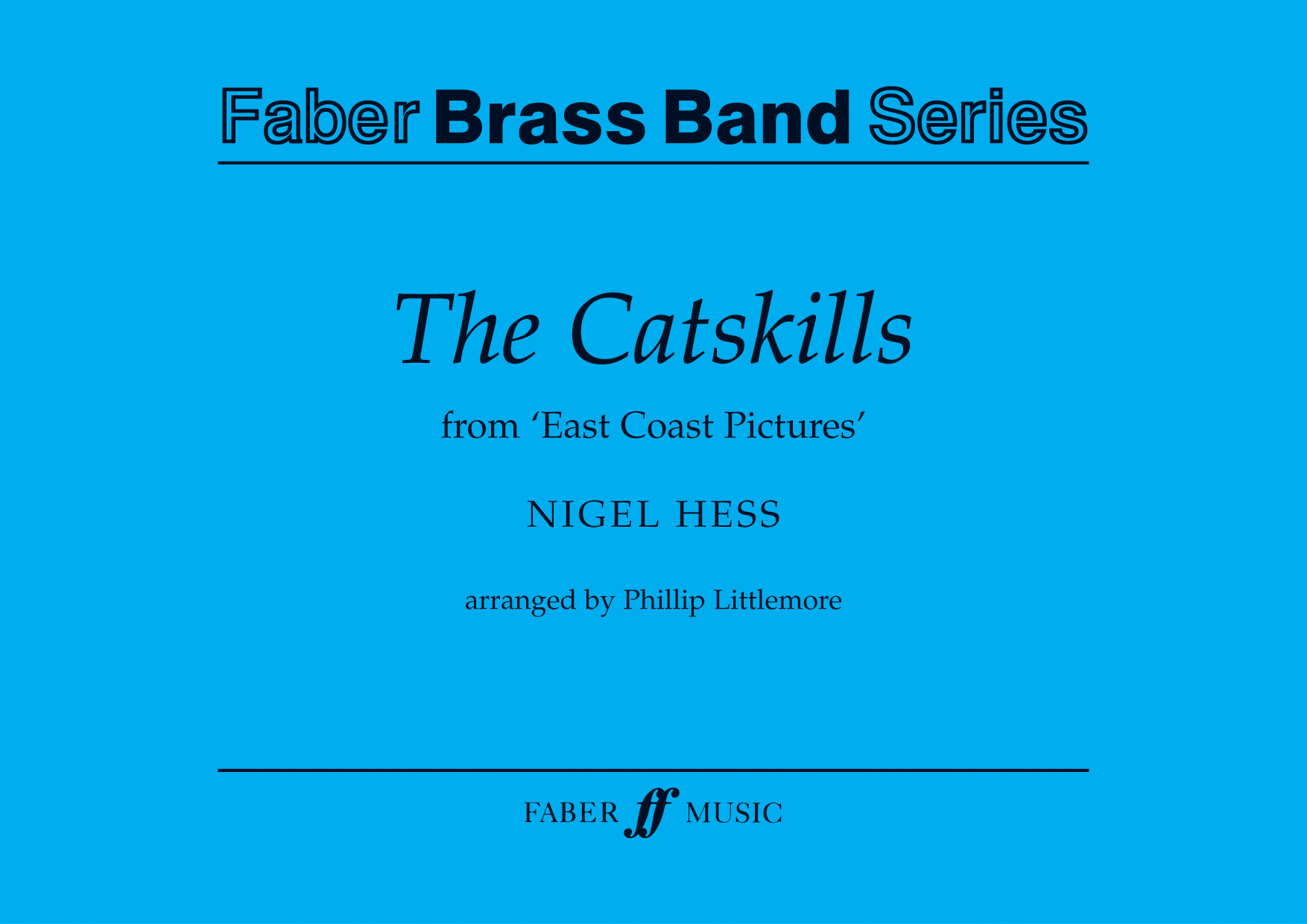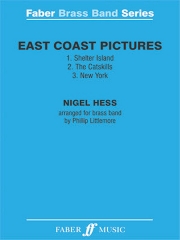Results
-
£22.00
The Catskills - Nigel Hess
The Catskills is one of Nigel Hess's East Coast Pictures and was commissioned in 1985 by the British Youth Wind Orchestra. This suite, arranged here for brass band, has become a modern classic.Brass Band Grades 4/5: Premier Youth and 2nd SectionThe bass clef Euphonium parts can be purchased as individual downloads here.Duration: 6 minutes
In Stock: Estimated dispatch 1-3 working days
-
£125.00
East Coast Pictures - Nigel Hess
East Coast Pictures was commissioned by the British Youth Wind Orchestra with funds from the National Westminster Bank plc. These three short 'pictures' were inspired by several visits to a small part of the American East Coast, an area that provides great extremes in the geography and the people.Grade 4/5: Premier Youth and 2nd SectionDuration: 16 minutes.
In Stock: Estimated dispatch 1-3 working days
-
 £34.95
£34.95Red Hills of Georgia, The - Jonathan Bates
DURATION: 4 minutes. DIFFICULTY: Championship. The title of this work comes from a line in Martin Luther King Jnr's famous 'I Have a Dream ' speech, portraying the vast expanses of the plains of Georgia and the notable red hue to the surrounding mountains. This piece is very much influenced by the music of American wind band composers Samuel Hazo and Richard Saucedo, both of which are regularly inspired by the scenery of 'the big country'. This piece was composed for Jaren Hornmusikkforening as part of their programme for the 2018 SIDDIS Championships held in Stavanger, Norway. .
In Stock: Estimated dispatch 1-3 working days
-
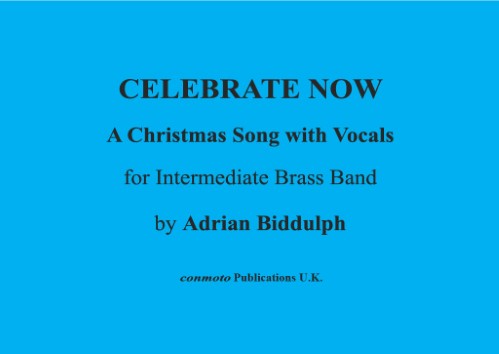 £8.50
£8.50CELEBRATE NOW for Brass Band (score) - Biddulph, Adrian
Also contains a copy of the PVG & photocopiable word sheet (CMT3801) and can be performed with or without the vocal line. Parts included for Brass Band Brass, Orchestral Brass, Percussion & Flute. A Level 2 Wind Band (CMT3804) arrangement is also available.
In Stock: Estimated dispatch 1-3 working days
-
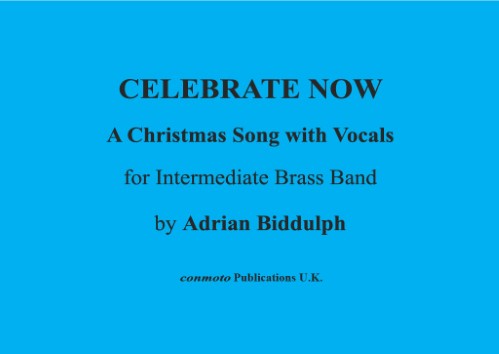 £27.50
£27.50CELEBRATE NOW for Brass Band (score & parts) - Biddulph, Adrian
Also contains a copy of the PVG & photocopiable word sheet (CMT3801) and can be performed with or without the vocal line. Parts included for Brass Band Brass, Orchestral Brass, Percussion & Flute. A Level 2 Wind Band (CMT3804) arrangement is also available.
In Stock: Estimated dispatch 1-3 working days
-
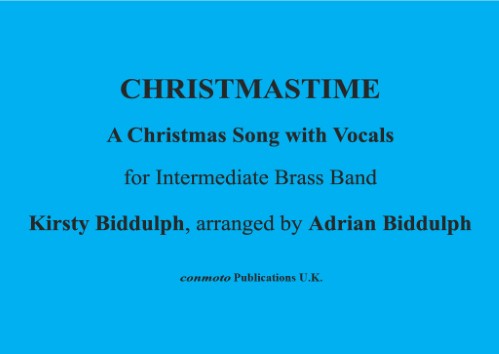 £8.50
£8.50CHRISTMASTIME for Brass Band (score) - Biddulph, Kirsty
Parts included for Brass Band Brass, Orchestral Brass, Percussion & Flute. A Level 2 Wind Band (CMT3904) arrangement is also available.
In Stock: Estimated dispatch 1-3 working days
-
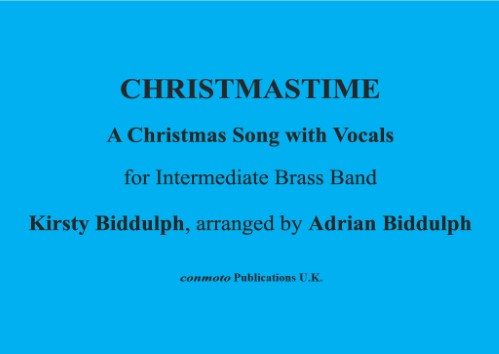 £27.50
£27.50CHRISTMASTIME for Brass Band (score & parts) - Biddulph, Kirsty
Parts included for Brass Band Brass, Orchestral Brass, Percussion & Flute. A Level 2 Wind Band (CMT3904) arrangement is also available.
In Stock: Estimated dispatch 1-3 working days
-
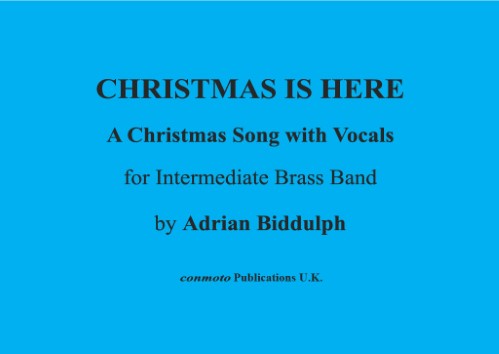 £8.50
£8.50CHRISTMAS IS HERE for Brass Band (score) - Biddulph, Adrian
Parts included for Brass Band Brass, Orchestral Brass, Percussion & Flute. Also includes a copy of the song sheet in PVG format with a photocopiable word sheet (CMT3811). A Level 2 Wind Band (CMT3814) arrangement is also available.
In Stock: Estimated dispatch 1-3 working days
-
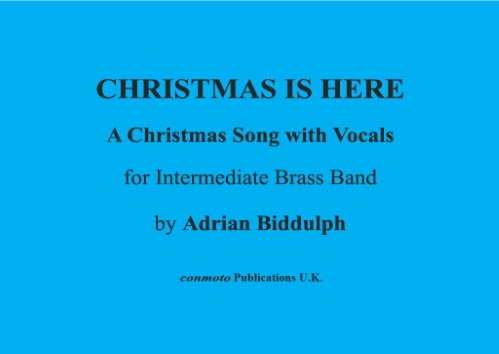 £27.50
£27.50CHRISTMAS IS HERE for Brass Band (score & parts) - Biddulph, Adrian
Parts included for Brass Band Brass, Orchestral Brass, Percussion & Flute. Also includes a copy of the song sheet in PVG format with a photocopiable word sheet (CMT3811). A Level 2 Wind Band (CMT3814) arrangement is also available.
In Stock: Estimated dispatch 1-3 working days
-
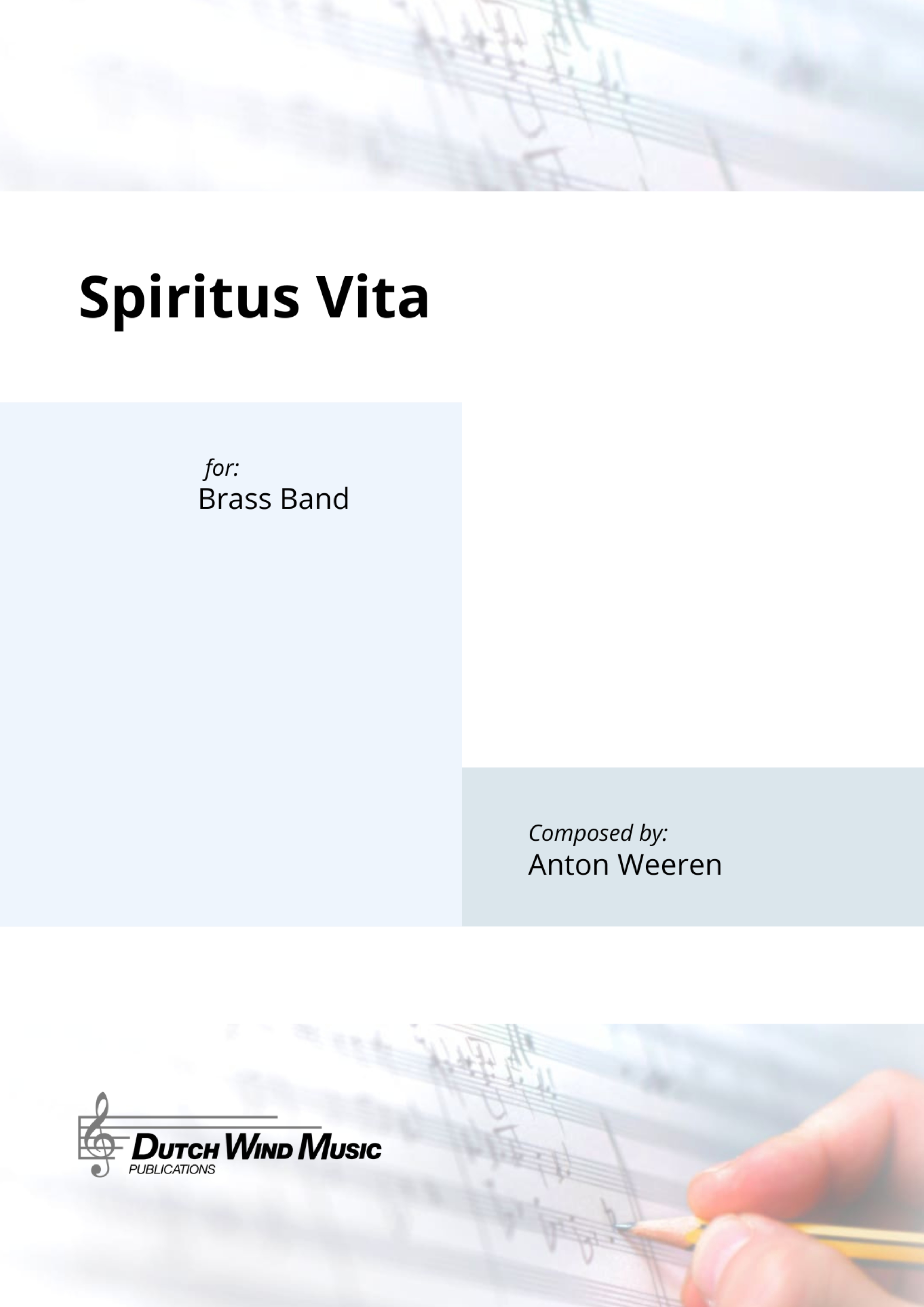 £155.00
£155.00Spiritus Vita - Anton Weeren
Spiritus Vita stands for "Breath of Life". The breath of life that is literally blown into instruments to produce beautiful wind music. This piece is a virtuosic fantasy for brass band. Extremely rhythmic, groovy, cheerful, flashy, and danceable, interspersed with long dramatic lines, sometimes combined with less common harmonies. The spirit and fire of life, with all its ups and downs, cheerfulness, sadness, reflection, peace, but also madness and despair. All emotions and energy expressed in this special, colorful, rhythmic composition.
Estimated dispatch 10-14 working days

